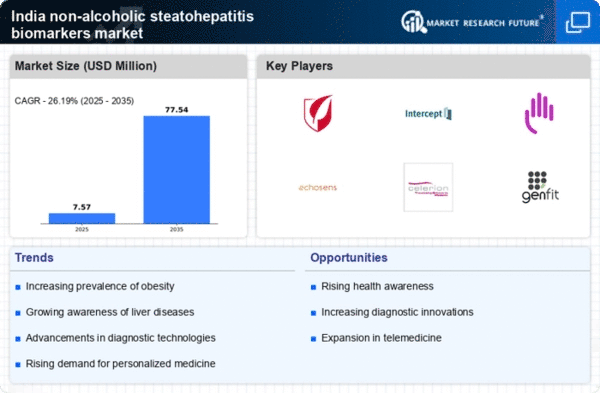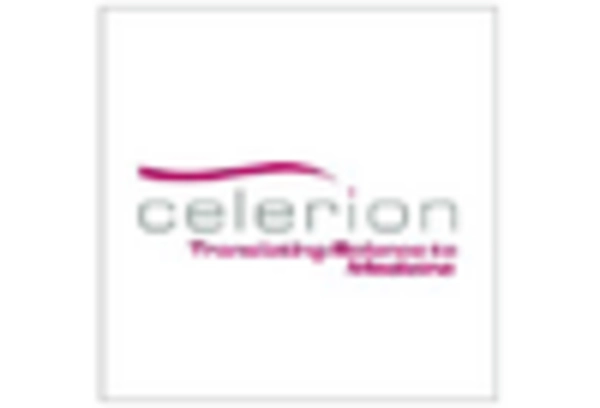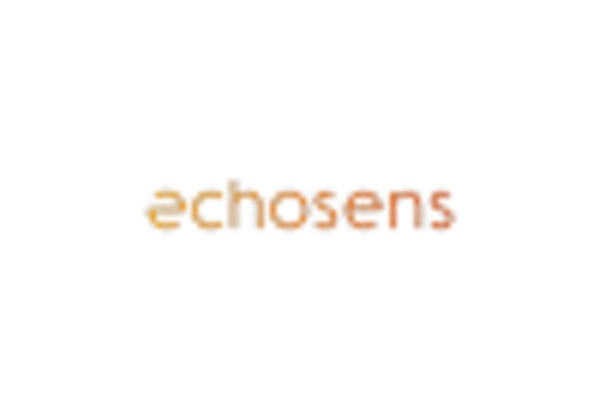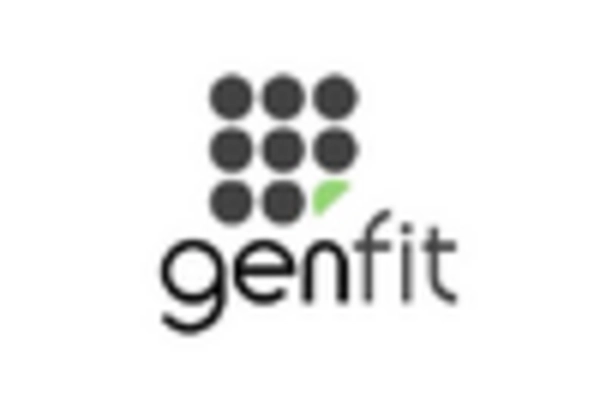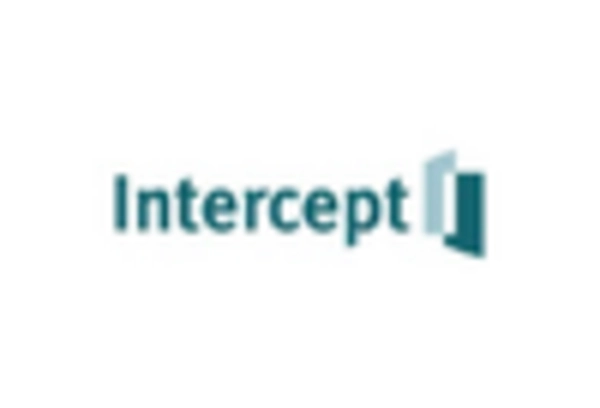Rising Obesity Rates
The escalating rates of obesity in India are significantly impacting the non alcoholic-steatohepatitis-biomarkers market. With obesity being a major risk factor for NAFLD and NASH, the increasing prevalence of overweight individuals is likely to drive demand for effective biomarkers. According to recent health surveys, nearly 30% of the adult population in urban areas is classified as obese. This alarming trend suggests a growing need for diagnostic tools that can help in the early detection of liver-related issues. Consequently, the market for biomarkers is expected to expand as healthcare providers seek reliable methods to assess liver health in this demographic.
Increasing Awareness of Liver Health
The growing awareness regarding liver health in India is a crucial driver for the non alcoholic-steatohepatitis-biomarkers market. Public health campaigns and educational initiatives have highlighted the risks associated with liver diseases, including non alcoholic fatty liver disease (NAFLD). As a result, healthcare professionals and patients are increasingly seeking diagnostic solutions to identify liver conditions early. This heightened awareness is likely to lead to a surge in demand for biomarkers that can accurately diagnose and monitor non alcoholic steatohepatitis (NASH). The market is projected to grow as more individuals recognize the importance of liver health, potentially increasing the market size by approximately 15% over the next few years.
Advancements in Diagnostic Technologies
Technological innovations in diagnostic tools are propelling the non alcoholic-steatohepatitis-biomarkers market forward. The introduction of advanced imaging techniques and molecular diagnostics has enhanced the ability to detect and monitor liver diseases. These advancements allow for more precise identification of biomarkers associated with NASH, thereby improving patient outcomes. In India, the integration of artificial intelligence and machine learning in diagnostic processes is gaining traction, potentially streamlining the identification of liver conditions. As these technologies become more accessible, the market is likely to experience substantial growth, with an estimated increase of 20% in the adoption of biomarker tests over the next five years.
Growing Demand for Personalized Medicine
The shift towards personalized medicine in India is emerging as a significant driver for the non alcoholic-steatohepatitis-biomarkers market. Patients and healthcare providers are increasingly seeking tailored treatment options based on individual health profiles. Biomarkers play a pivotal role in this approach, enabling clinicians to make informed decisions regarding diagnosis and treatment plans for NASH. The demand for personalized healthcare solutions is likely to stimulate the market, as more patients are evaluated using specific biomarkers that reflect their unique conditions. This trend could lead to a market expansion of around 18% as personalized medicine becomes more prevalent in clinical practice.
Government Initiatives for Health Improvement
Government initiatives aimed at improving public health are influencing the non alcoholic-steatohepatitis-biomarkers market. Programs focused on lifestyle modifications, nutrition, and disease prevention are being implemented to combat the rising incidence of liver diseases. The Indian government has recognized the need for early detection and management of liver conditions, leading to increased funding for research and development in biomarker discovery. This support is expected to foster innovation in the market, encouraging the development of new diagnostic tools. As a result, the market may see a growth rate of approximately 12% as these initiatives take effect.


